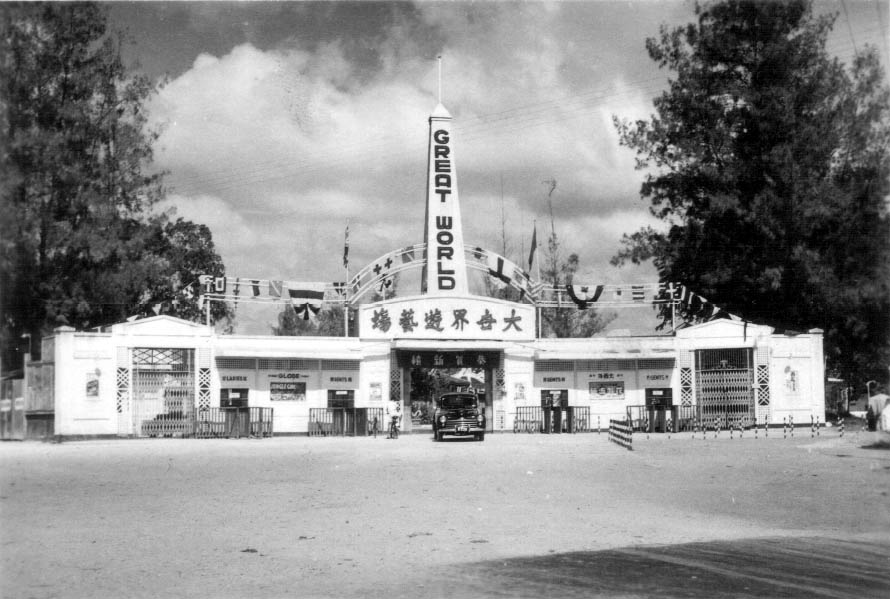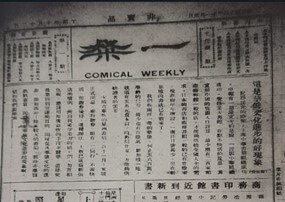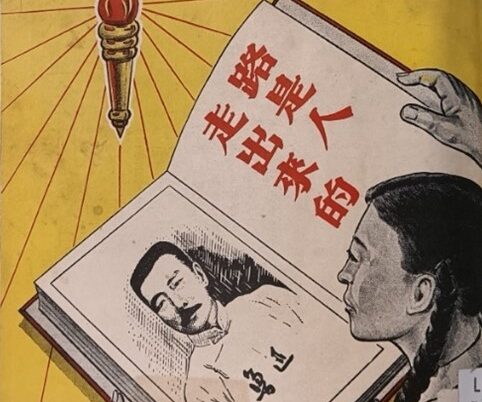闽语讲古大师王道
王道(1920-1999),原名王笃恭,中国厦门出生,就读当地的英华书院。
1945年,王道和太太李秀华(生卒年不详)结婚。婚后,王道夫妇便随着李秀华的弟弟李强来到新加坡。不久,到马来西亚丁加奴担任教职。
开始为人熟知
王道后来辞掉丁州的教席回返新加坡,出任星洲幼稚园附属小学的教员,后来担任校长。李秀华则在私营电台丽的呼声管理唱片。后来,王道也开始在丽的呼声演出厦语话剧。1953年,丽的呼声中文部主任李晓音(1918-2015),欣赏他一口漂亮的厦门腔福建话,嗓音又嘹亮,于是请他在丽的呼声讲古。王道这时一身兼两职,在幼稚园附小当校长,又在丽的呼声讲古。由于他的厦语标准动听,嗓音抑扬顿挫,特别受听众欢迎。王道的名字,开始为人熟知。
王道讲的是福建民间故事,以及武侠小说、章回小说。他也是第一个选讲金庸武侠小说的本地讲古大师。王道同时也演儿童广播剧和侦探剧。行家给他的评语是,他在故事高潮收场的手法,紧扣听众心弦,超越其他厦语讲古前辈。他更拿手的是自选故事发挥,把故事剪裁得更精彩紧凑。




随着1979年讲华语运动的推行,电台的方言节目在1982年以后逐渐停播,走入历史。1982年12月31日,丽的呼声直也正式停播其方言节目,王道的讲古生涯也因而宣告结束。同年,他也从星洲幼稚园附小退休出来。这时他改换跑道,当起汽车经纪与房地产经纪。虽然不讲古了,王道还保存着不少讲过的故事读物,如《碧血剑》《冰霜剑华录》《宝旗玉笛》《七龙令》等。1
1992年,王道夫妇移居菲律宾,和他妹妹一起。1999年,王道病故,骨灰从菲律宾带回新加坡。王道的追悼会在10月30日于欧南路基督教长老会禧年堂举行,丽的呼声许多老同事都出席。在追悼会上,老同事说,王道是难得的讲古仙,讲古第一流,为人讲义气,够朋友。
1980年代,每月收费五元的丽的呼声,一度有近10万人收听。闽语讲古的王道、粤语讲古的李大傻,和潮语讲古的黄正经,都是本地重要的讲古大师。
| 1 | 区如柏,〈王道独霸厦语讲古〉,《联合早报》,1989年5月14日。 |
王振春,〈炷香袅袅,说书人道不尽千古事——新加坡早期著名的方言讲古者〉。《新明日报》,1986年9月27日。 | |
区如柏,〈王道讲古宣扬忠孝仁义之道〉。《联合早报》,1999年10月26日。 | |
区如柏,〈王道独霸厦语讲古〉。《联合早报》,1989年5月14日。 | |
余经仁,〈讲古大师在校扮探长查案〉。《联合早报》,2021年1月21日。 |










